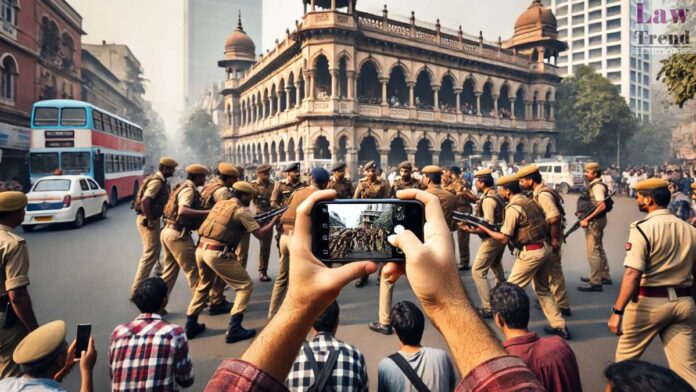In a significant judgment, the Himachal Pradesh High Court has ruled that live-streaming police action on social media does not amount to obstructing a public servant in the discharge of their duties. The court quashed criminal proceedings against a driver who had been booked under Section 186 of the Indian Penal Code (IPC) for going
To Read More Please Subscribe to VIP Membership for Unlimited Access to All the Articles, Download Available Copies of Judgments/Order, Acess to Central/State Bare Acts, Advertisement Free Content, Access to More than 4000 Legal Drafts( Readymade Editable Formats of Suits, Petitions, Writs, Legal Notices, Divorce Petitions, 138 Notices, Bail Applications etc.) in Hindi and English.




